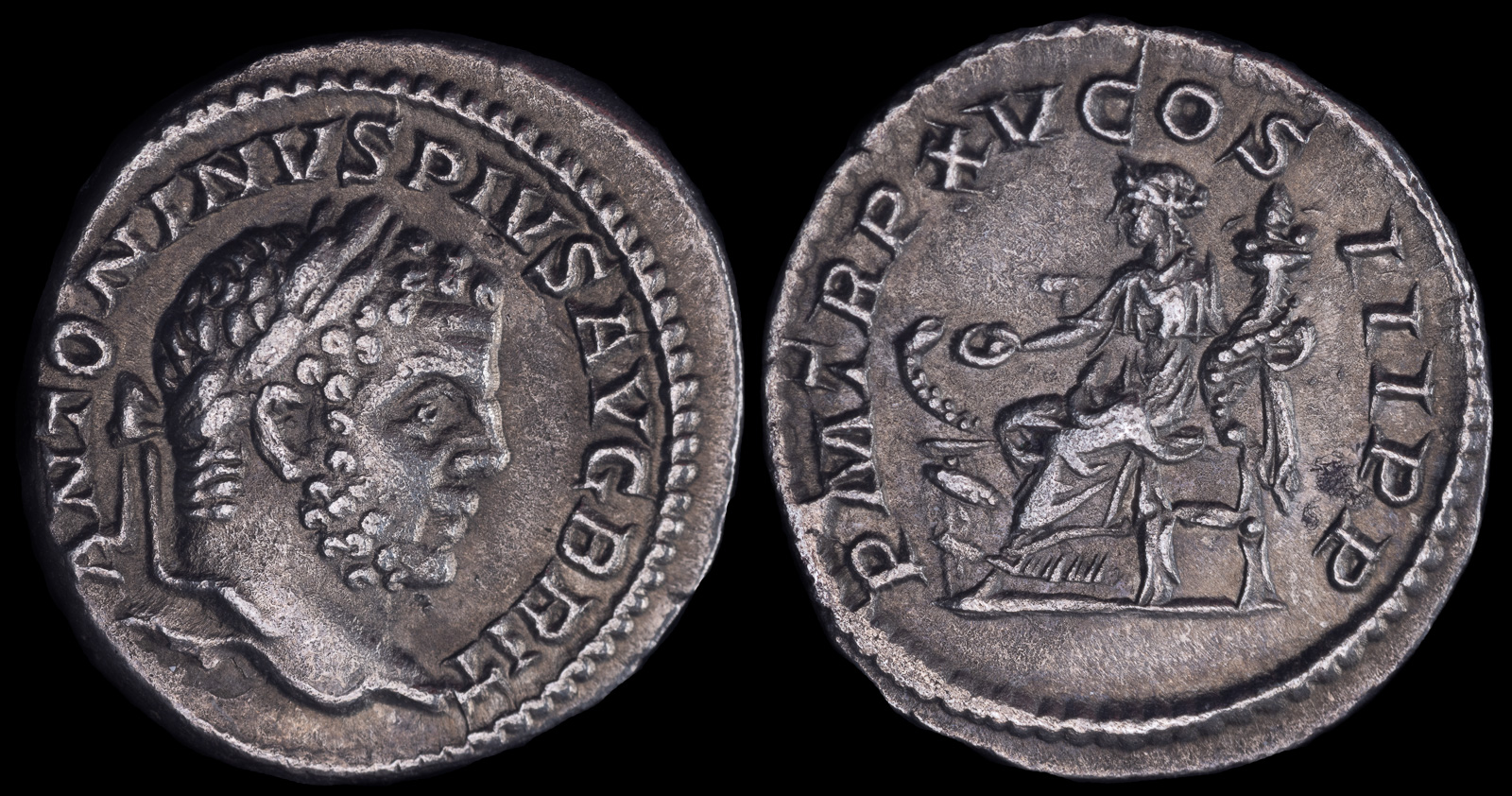Salus
View All Tags
Her cult was particularly important during times of crisis, such as plagues or military conflicts, when the state would call upon Salus for protection and restoration. She was also seen as a divine figure who could ward off illness and ensure the survival of Rome itself. The emperor, as the representative of the state, often made offerings to Salus in hopes of maintaining the health and prosperity of the empire. Special sacrifices and ceremonies were dedicated to her, particularly on the occasion of the annual “Salus Augusti,” a festival honoring her, in which the emperor would make offerings for the continued health of the empire and its rulers.
Salus was also closely associated with the concept of safety in warfare. As a goddess who protected both the physical and social health of Rome, she was invoked in the context of military campaigns. Her worship reflected the Roman understanding of health as not just the absence of disease, but also the maintenance of security and prosperity in the broader society. The Romans, ever concerned with the welfare of their citizens, celebrated Salus as a guardian of the well-being of both individuals and the state.
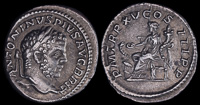
Caracalla 212 CE
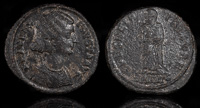
Fausta 325-326 CE
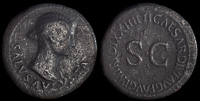
Livia 14-29 CE
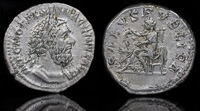
Macrinus 217-218 CE
